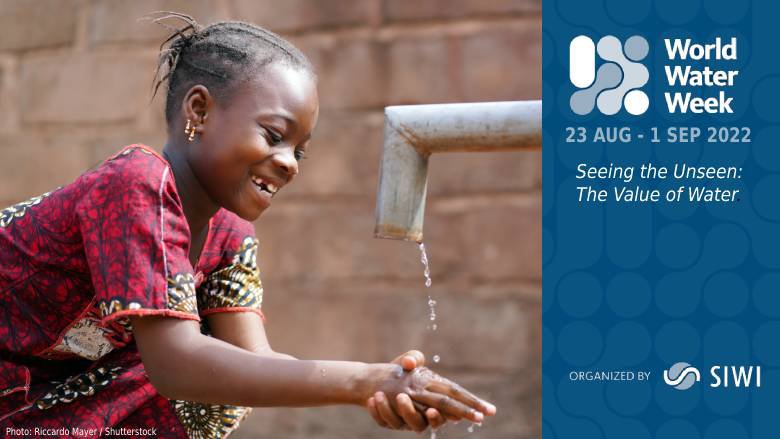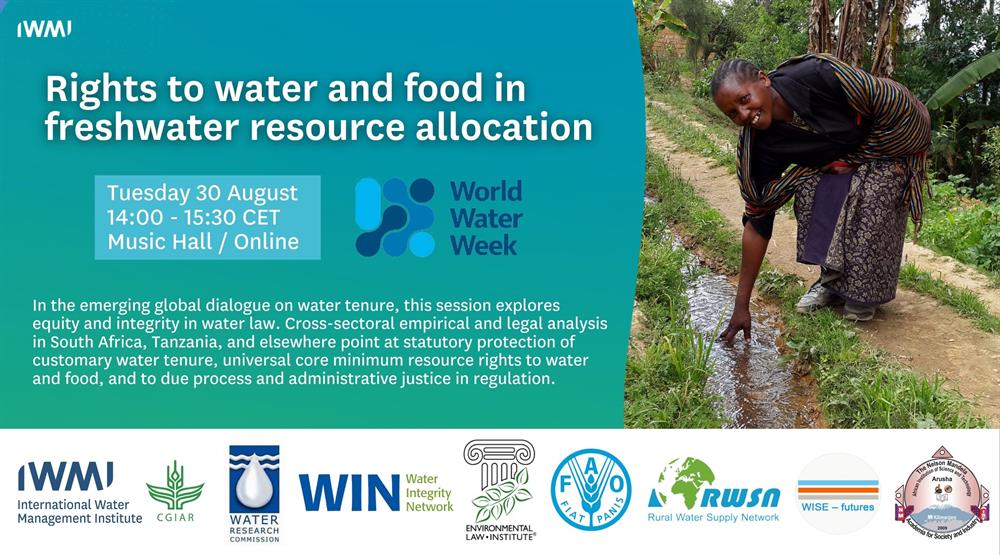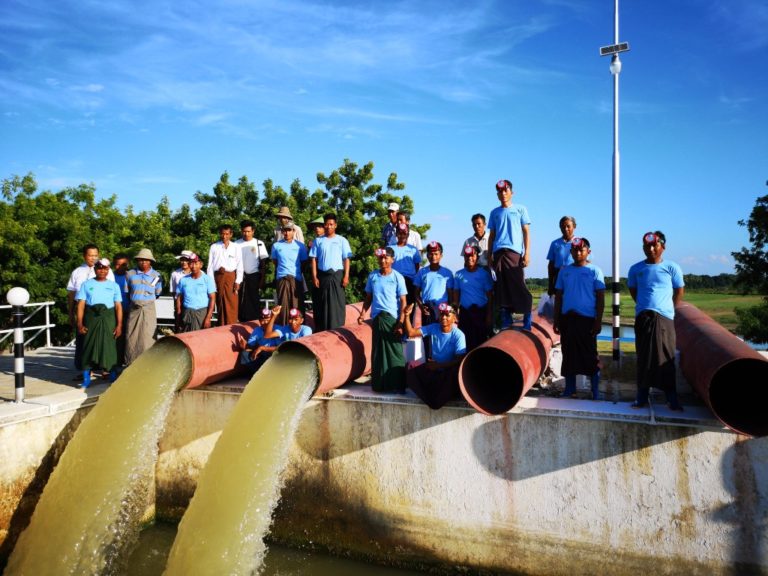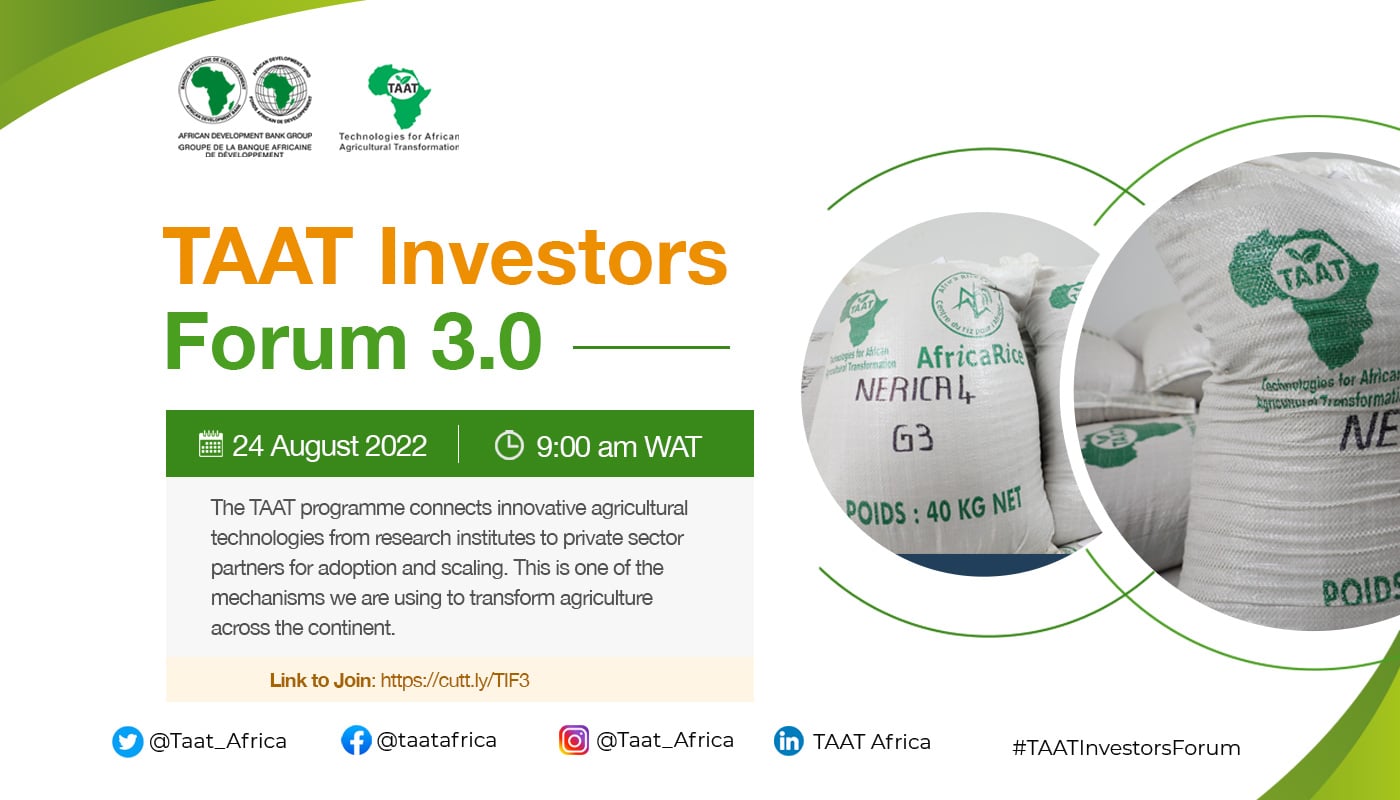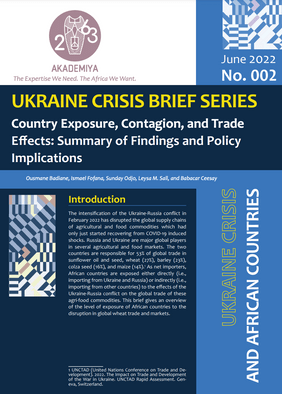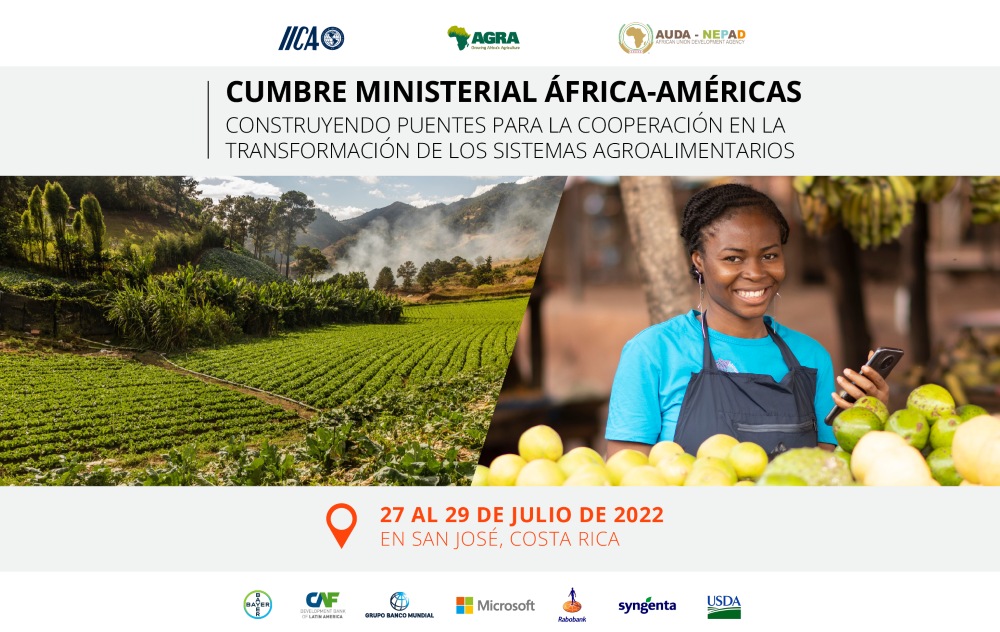Gro Intelligence, a company using artificial intelligence to analyze agriculture and climate data, recently launched the
Food Security Tracker for Africa with support from The Rockefeller Foundation.
The Food Security Tracker for Africa is based on Gro Intelligence’s global data and analytics platform. It provides data and insight on factors related to food security through an interactive map of Africa. Users can click on a country to access information on crop production, crop stocks and demand, import price, drought conditions, and crop health for a selected major crop.
The Rockefeller Foundation views the collaboration with Gro Intelligence as an opportunity to mitigate global food price inflation by increasing access to data and reducing reactions based on fear. Their Director of Communications, John Spangler, and Vice President of the Food Initiative in Africa, Mehrdad Ehsani, tell Food Tank, “strengthening food systems to be more sustainable and resilient is essential, and we hope that this tool demonstrates that technology can be part of the solution for closing the agriculture data gap.”
“Gro’s…team used a machine learning yield prediction framework to generate over 80 production forecast models for corn, rice, wheat, and soybeans across 49 different countries. The models incorporate real-time environmental data and historical production data to predict available supply. Once the growing season starts, the yield model aggregates district level weather and crop condition data to produce yield forecasts. Gro takes these forecasts, along with area harvested from the USDA, to produce production forecasts. These forecasts update weekly to ensure users are working with the most relevant information. William Osnato, Senior Research Analyst at Gro Intelligence.
Gro Intelligence contrasts crop yield projections with crop demand for consumption and export to determine a stocks-to-use ratio for a selected crop and country over a 12-month period.
“Gro also used machine learning to create the proprietary Gro Drought Index, the world’s first high resolution global agricultural drought index. The values shown are weighted to focus on cropland area in each country to highlight the impact of drought on crop production. To do so, Gro makes use of a global dataset of cropland area values at the district level.” William Osnato
The food security tracker displays the generated assessment of crop stocks and drought status alongside current crop import prices and input from satellite imagery depicting crop health. Combined, this information gives a comprehensive picture of a country’s food security related to a selected crop. The inputs feeding into Gro Intelligence’s platform are updated, at minimum, monthly, with more time sensitive inputs updating weekly or in real-time.
The World Food Programme calls 2022 “a year of unprecedented hunger,” with an estimated 828 million people facing hunger daily. They list conflict, climate change, economic impact of the COVID-19 pandemic, and cost inflation as the major contributing factors. And they highlight several countries in Africa, including Nigeria, South Sudan, and the Central African Republic, as hunger hotspots.
Gro Intelligence’s analysis of rising food security costs highlights a disproportionately negative impact in Africa due to significant staple crop imports. They developed the Food Security Tracker for Africa to help address this inequality by giving “the public greater access to critical data, which will help fill the gaps in accurate supply and demand coverage for major crops in Africa.
By indicating “critical areas of food insecurity the food security tracker can help policy makers at the government level and aid organizations to better allocate resources.” The information provided by the food security tracker will not likely mitigate risk for growers. Direct assistance and education at the farmer level would be the ideal outcome of informing policy makers and organizations about critical at-risk areas.
The Food Security Tracker for Africa has operational funding for one year. But The Rockefeller Foundation gives assurance of its continued commitment to the region.


